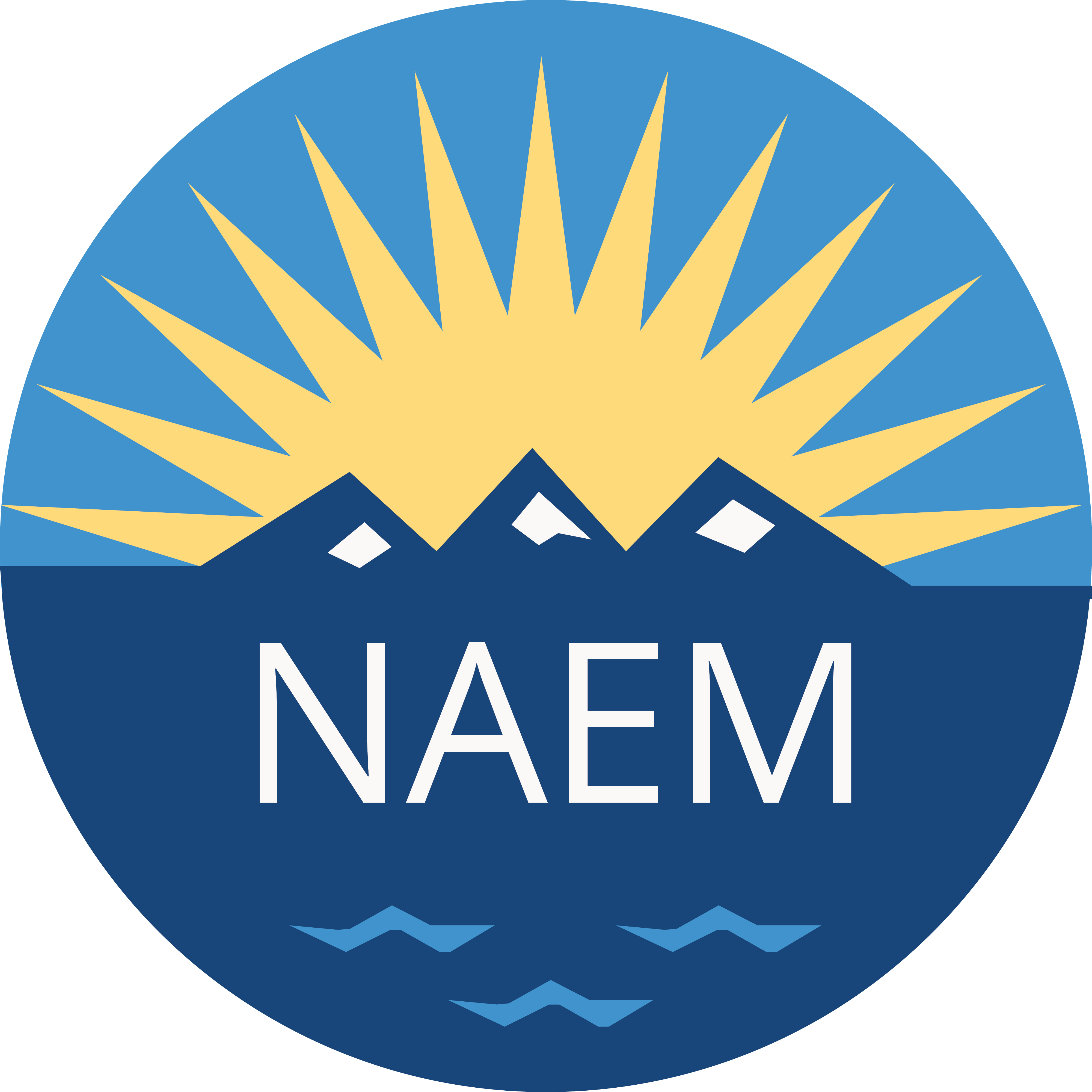Credentials Remain Valuable Professional Asset
Jul 1, 2013 3:30 PM ET
Campaign:
The Green Tie blog

Brad Waldron first noticed the value of his Qualified Environmental Professional (QEP) credential the year that the Air & Waste Management Association (AWMA) recognized his achievement with a purple ribbon for his annual conference badge.
“I remember that being the first year where doors started to open for me,” said Mr. Waldron, Corporate Manager of Environmental Affairs for Caesar’s Entertainment Corp. “Getting that certification was the gateway.”
While professional credentials are not necessarily required for a career in environment, health and safety (EHS) management, those who hold them say that the collection of letters after their name are a lot more than just alphabet soup.
For Mr. Waldron, who holds a master’s degree in Environmental Management, the QEP helped him close what he said was a perceived gap in his experience.
“When I was looking to enter the environmental consulting field, I didn’t have an engineering degree and it put me at a disadvantage,” he said. “I sought a way to differentiate myself and to establish that I was qualified.”
Justin Reece, a Safety & Health Manager with construction company Kisaq LLC, said he has noticed that those with certifications tend to enjoy more credibility in the workplace.
“There are people who are very knowledgeable who don’t have certifications, but I think people are more likely to listen to those [who do],” he said. “A lot of people don’t want to listen to you unless you’ve got the certification.”
Credentials are also a demonstration of commitment to a professional specialty, said Mr. Reece, who is in the process of pursuing his Certified Safety Professional (CSP) credential.
“You’re expected to get a degree,” he said. “Certifications show that you’ve put more time into your field of work.”
And in a field where practical experience is often as important as formal education, it’s a real asset to have the third-party validation of a professional’s working knowledge, according to Eddie Greer, Director of Business Development for the Board of Safety Professionals, which administers the CSP.
“College education is theory about what they can expect…when they get into the field they understand what true practice is,” he said.
The rigorous credentialing process for the CSP requires applicants to have at least three years of work experience and tests broad range of professional skills.
“Our exam is not easy. And it’s hard for a reason,” he said. “We want employers to know that if they hire someone with one of our credentials, they are hiring someone who has gone through a peer standard evaluation.”
But one of the most compelling arguments for credentials, Mr. Greer says, is money. Over a 20-year career, those who hold the CSP can expect to earn between $500,000 and $1 million more than those who without the credential, according to BCSP’s salary research.
“Companies appreciate the fact that they have a certified person on board within their company, so there is an increase in salary for those folks,” Mr. Greer said.
Alan Leibowitz said the relationship between credentials and career advancement was apparent to him even from the early days of his career, as an intern after graduate school with ITT Corp.
“For some, it’s the price-of-entry to a senior-level position, and I recognized that anyone who wanted to advance would need those credentials,” he said.
Today Mr. Leibowitz is the Corporate Director of Environment, Health, Safety and Security for Excelis, a position he partially credits to his pursuit of the Certified Industrial Hygienist (CIH) and CSP credentials.
“The actual CIH never was explicitly a requirement for any job I went for …[but] it was definitely a discriminator,” he said.
He said he now applies that same standard to the applicants he considers for positions within his department.
“Fundamentally, when I see someone who has a credential that I respect, they go to the top of the pile,” he said. “The fact is that they’re more likely to have taken control of their career.”
Indeed, it is this pursuit of excellence more than the credential itself that sets those candidates apart, he said.
“That sort of intellectual striving is attractive to organizations,” Mr. Leibowitz said. “They’ll keep you employed if you’re just doing your job but they won’t promote you.”

